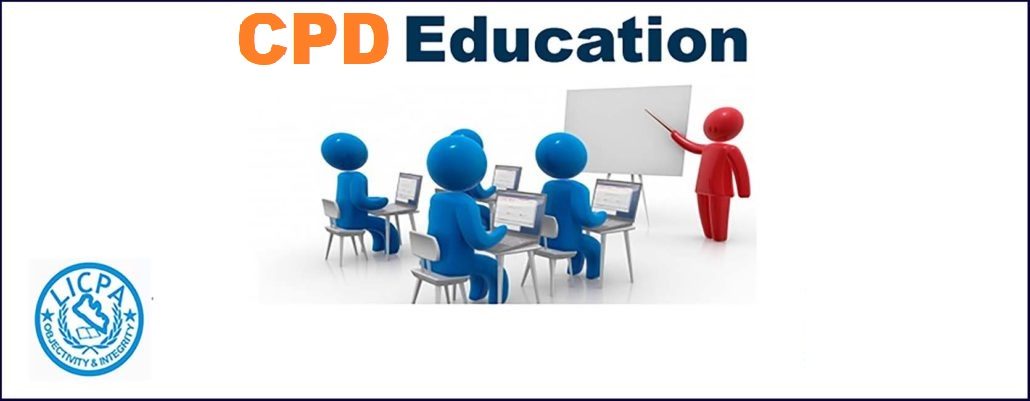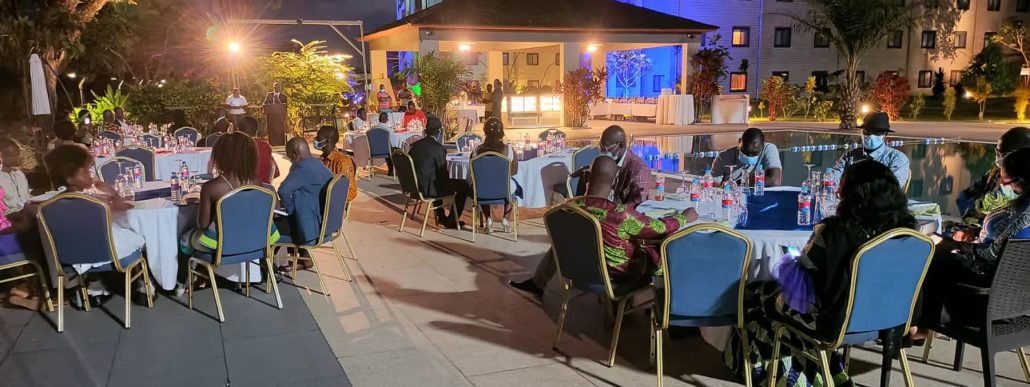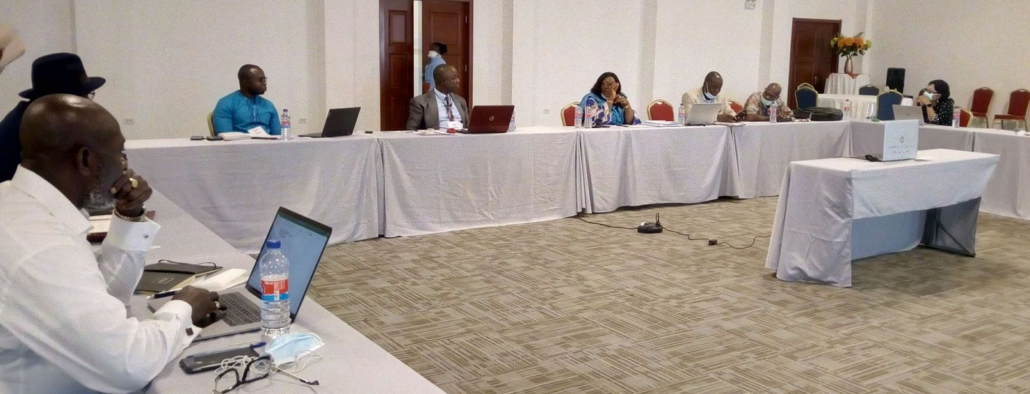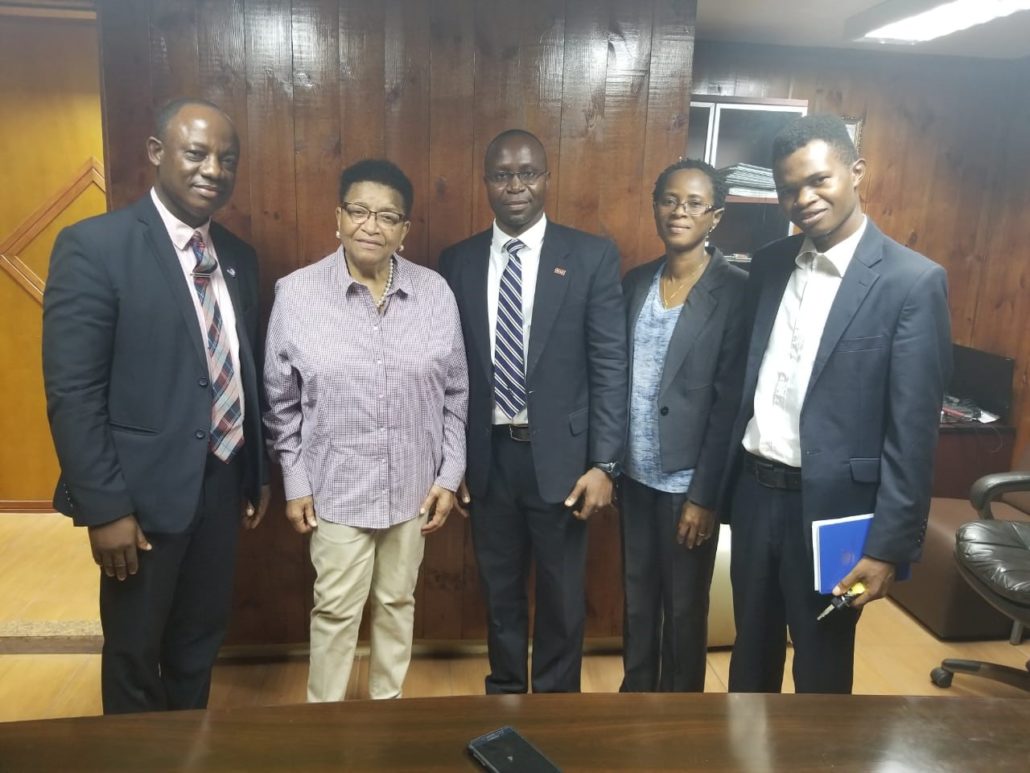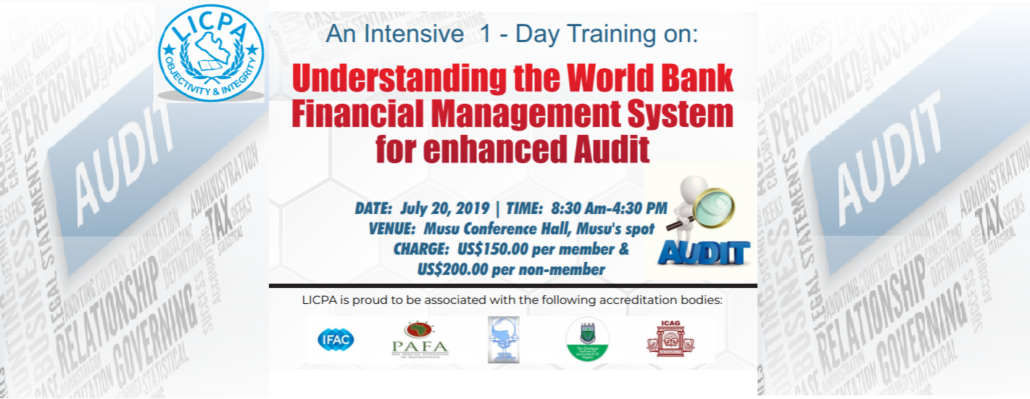
Understanding the World Bank Financial Management System for enhanced Audit
Following the post conflict elections that ushered in a democratically elected government of the President Ellen Johnson Sirleaf, donor funds took center stage in helping Liberia in addressing her post war recovery challenges.
The World Bank, African Development Bank and other development partners saw the need to provide financial supports through grants, credit or loans. In 2006, the World Bank, African Development Bank, and Government of Liberia assessed the capacity of the Public Financial Management Environment and observed serious capacity deficiency. In a tripartite arrangement, a specialized unit-The Project Financial Management Unit (PFMU) was established in the Ministry of Finance. The unit was established to provide centralized accounting and financial management functions for donor funded projects in Liberia. The PFMU was established with an initial three projects portfolio-The Infrastructure Rehabilitation Project (IRP), Emergency Infrastructure Project (EIP) and the Agriculture Infrastructure Development Project (AIDP).
The World Bank and other donor partners’ engagement in Liberia has since been on the increase. Currently, the World Bank has over 45 active projects in Liberia with cumulative investment value over $1.5b. This significant investment in the country calls for stronger fiduciary assurance, and increase fiscal discipline over project resources. Donors have become more rigid than ever before, in ensuring that their investments are directed to their intended purposes.
In 2017, the World Bank in an attempt to place reliance on the assurances of its increased engagement in Liberia, conducted an Audit Quality Review of members firms of our Noble Institute. The appalling result qualified only four (4) firms to audit World Bank funded projects. The report is yet to be made public.
In recent times, donors-especially the World Bank, African Development Bank and the United States Agency for International Development (USAID) have actively shifted the audit responsibility from private firms to the nation’s Supreme Audit Institution-The General Auditing Commission (GAC) by embedding in their Project Documents that “GAC will perform the audit of the project”. The basis is quality of audit.
Therefore, the need for understanding donor financial management and disbursement procedure cannot be overemphasized.
WHO SHOULD ATTEND?
· External Auditors
· Internal Auditors
· Project Accountants
· Accounting professionals
· Financial executives (CFOs)
· Financial analysts
· Board of Directors Audit Committee members
· Any other professionals involved in the preparation, presentation, implementation
or analysis, audit and review of financial statements for Donor Funded Projects
TRAINING OBJECTIVES
The overall objective of the training is to improve the quality of Audit Reports on World Bank Funded Projects through creating awareness of the World Bank Financial Management and Disbursement Procedures.
The key objectives of this training are to:
· Build and develop participants understanding of the Financial Management Procedures for World Bank funded projects;
· Enable participants to advance and understand the current and potential future requirements of the profession in creating both public value and value in business including government.
· Expose participants to best practice standards in the conduct of External Audit of World Bank and other Donor Funded Projects.
TRAINING METHODOLOGY
This course an understanding of the world bank financial management and disbursement procedure for an enhanced audit will be on site delivery with facilitator-audience interface. The content of the course will be delivered using MS power point presentation in a clear and practical format. Moreover, we will gauge the participants’ existing knowledge of the subject through a series interjected questioning with the objective of keeping the participants active in the class. We will also inter spice the lecture with practical illustration of case studies
COURSE SUMMARY
In recent times, donors-especially the World Bank, African Development Bank and the United States Agency for International Development (USAID) have actively shifted the audit responsibility from private firms to the nation’s Supreme Audit Institution-The General Auditing Commission (GAC) by embedding in their Project Documents that “GAC will perform the audit of the project”. The basis is quality of audit.
The course will cover a wide range of topics as listed below, with the aim of enlightening participants on specific issues when auditing Donor Funded Projects. We drill on the elements of Financial Management to discuss Budgeting, Internal Controls, Funds Flows, Accounting, Reporting and External Audit. We will further zoom on Internal Controls to assess its adequacy over the remaining five elements and its effectiveness as measured by the COSO Elements of effective Internal Control System-Control Environment, Risk Assessment, Control Activities, Communication, & Monitoring.
We will close the day with a practical tour on the World Bank Client Connection-an internet payment tracking portal for Bank Clients, and practical illustration of the preparation of Interim Financial Reports.
COURSE OUTLINE
· Historical review of post conflict World Bank engagements in Liberia
· Overview of World Bank Financial Management environment
· Key documents relevant to World Bank Financial Management
· The elements of Donor Financial Management
· World Bank Disbursement Procedure
· The Interim Financial Report
· The content and audit of Interim Financial Report
· A practical tour of World Bank Client Connection
· A practical illustration of IFR preparation-key take aways
Summary Profile of Facilitator
Mohammed B. Korleh is a self motivating young Liberian with over ten (10) years of progressive working experience as a professional. He is a Chartered Accountant (CA) and member of the Institute of Chartered Accountants Ghana. He is also a Certified Public Accountant, and member of the Liberian Institute of Certified Public Accountants (LICPA). He holds an MSc. Accounting and Finance, from The University of Adelaide, South Australia, and a BSc., in Banking and Finance from the Central University in Accra Ghana. He also holds several training certificates from renowned institutions like Kenyan School of Governance-Nairobi, Ghana Institute of Management and Public Administration-Accra, GLOMACS Dubai.
He currently serves as Financial Management Specialist for Donor Funded Projects at the Liberia Electricity Corporation. He served as Senior Project Account at the Projects Coordination Unit (PCU) at the Program Management Unit of the Ministry of Agriculture from January to December 2018. He also served as Project Accountant for the Infrastructure Projects and other multi-donor funded projects at the Project Financial Management Unit-PFMU between 2016 and 2018. He provided consultancy services for the Financial Management System Design for Transco CLSG in Abidjan-Ivory Coast in 2015, and also served as Financial Management Advisor to the National Mandingo Caucus of Liberia on its MercyCorp’s EBOLA support Projects.
Mohammed B. Korleh is also a long standing and active member of the Training and Examination Committee of the Liberian Institute of Certified Public Accountants. He is also a lecturer at the ATSWA Program, teaching Economics and a lecturer at the Professional Level, teaching Cost and Management Accounting.
